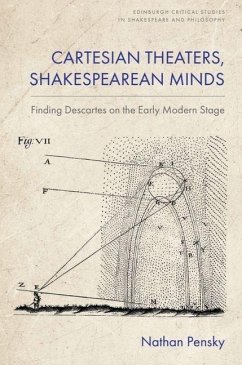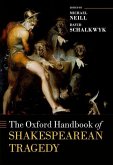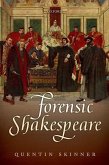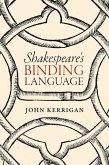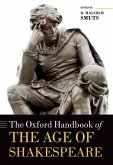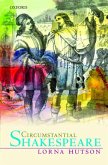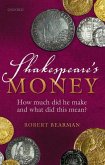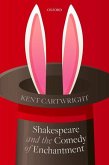Most scholars of early modern English literature consider Cartesian rationalism to be a poor theoretical lens. Though René Descartes figures as one of the most important philosophers in the early modern period, and in the history of philosophy itself, he has received scorn from literary scholars of the Renaissance who have become skeptical of "heroes of subjectivity." Cartesian Theaters, Shakespearean Minds challenges the commonplace dichotomy between Cartesian subjectivity and early modern material culture and reconsiders Descartes as a foundational figure in early modern literary studies. It corrects outdated readings by scholars that would position him as a champion of disembodied mind. Instead, Nathan Pensky argues that both Descartes and Shakespeare, as well as several of the latter's contemporaries, draw from overlapping philosophical histories, and that the mind-body problem as evident in early modern drama clearly anticipates Cartesian thought.
Bitte wählen Sie Ihr Anliegen aus.
Rechnungen
Retourenschein anfordern
Bestellstatus
Storno

